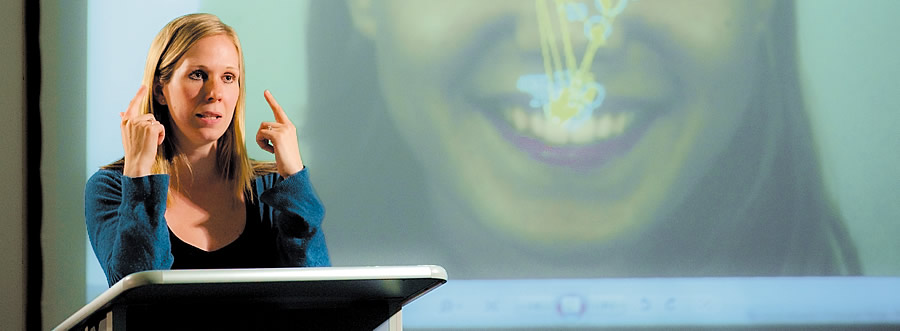 Well, the first day of the Festival of Learning is very nearly done and dusted (the last events finish at 9pm) and what a day it has been! I would love to hear your reflections on the day, please do email me with your thoughts. Like any day of any event there have been highs and lows, but it has been fantastic to see so many members of the public raving about BU events.
Well, the first day of the Festival of Learning is very nearly done and dusted (the last events finish at 9pm) and what a day it has been! I would love to hear your reflections on the day, please do email me with your thoughts. Like any day of any event there have been highs and lows, but it has been fantastic to see so many members of the public raving about BU events.
Below, you can learn a bit more about what happened on Festival of Learning day one. But before you read about has has been, why don’t you come along to something to an event on Tuesday? Pop along to the welcome desk in either Poole House (for Talbot Campus events) or the EBC (for Lansdowne Campus events) and we can advise you on where to go.
Events on Tuesday include:
Also, do come along to our exhibition that is taking place in Poole House Atrium and Kimmeridge House Foyer.
But what happened on Monday? Here are just a few reflections from my colleagues in the Research and Knowledge Exchange office:
Living with a long term condition: Reflections from Paul Lynch:
“For this event, our event organisers were Dr Carol S Bond and Jenny Roddis. In the morning they were joined by co-presenter Dr Jaqui Hewitt-Taylor and in the afternoon Chris Pitt. The morning session was attended by a diverse range of people, with an interesting mix of healthcare professionals and service users (and other folks too!). The participants joined in a vibrant and informative discussion of the practical application of a theory of well-being and long term conditions. This was followed by a lively and highly entertaining discussion of information services and their utility. The afternoon session was a practical workshop demonstrating and implementing techniques for successful internet searching of health related information. Both sessions offered opportunities for exchanging experiences and information in a positive and supportive atmosphere that was widely appreciated by all of the participants”.
Start local, aim global: Reflections from Emily Cieciura:
“Huiping Xian and invited speakers, Roger Colmar and Peter James gave a detailed and highly practical review of how best to do business with government bodies and companies in China and Japan, summarised as build friendship, build trust, ensure win-win. The UKTI is a key source of information. The cultural differences and similarities were considered with emphasis given to the importance of developing relationships leading to trust, tips for etiquette (including personal space through to giving gifts), awareness of regional differences, and taking time to be comfortable with the country and its people. Regarding legal contracts, Chinese partners favour good faith rather than complex legal relationships. Peter stressed the fast pace of change in China with opportunities such as the ‘green’ agenda, improvements to health and safety, a move away from a ‘saving’ to a ‘spending’ culture and increased entrepreneurship. The event concluded with a lively discussion with speakers and guests airing their personal experiences of working with Asian business people”.
Nicola King, reflecting on Social Media for the Terrified:
“This 3-hour event was attended by nearly 50 individuals who were all keen to find out more about social media and social networking. Attendees learnt about the main social networks, what social media can actually enable us to do, and that social networks are the latest form of marketing for individuals and businesses alike. LinkedIn, Pinterest, YouTube, Facebook, Twitter and others were all discussed, but attendees were also made aware of the potential dangers of social media if not used correctly. After an interesting talk by Debbie Sadd, who led the event, attendees were then invited to discuss their particular areas of interest with others in small teams. One team focused on Facebook, another on Twitter, and they used their own devices (phones, tablets, laptops) to explore their area of interest, asking any questions of the experts on hand as they went. In summary this was a very interesting discussion focussing on a topical and, judging by the turn-out, popular subject”.
Testing capacity in people with dementia, reflections by Emily Cieciura:
“Prof. Simon Thompson outlined the features of the many forms of dementia, including those relating to head injuries, drug use and exposure to chemicals earlier in life. The legal issues arising from ascertaining mental capacity especially when the person diagnosed with dementia is drawing up a will or when a will is contested after death were aired. Early conversations are needed, soon after diagnosis, along with consulting a solicitor. The GP is normally the starting point for accessing help from social agencies. In planning ahead, a power of attorney, with forms available from The Office of the public guardian or an advanced directive, with advice available from Compassion in Dying may be of help. The Alzheimer’s Society was highly recommended as a source of information and support. BU’s BUDI website gives information about our research and activities”.


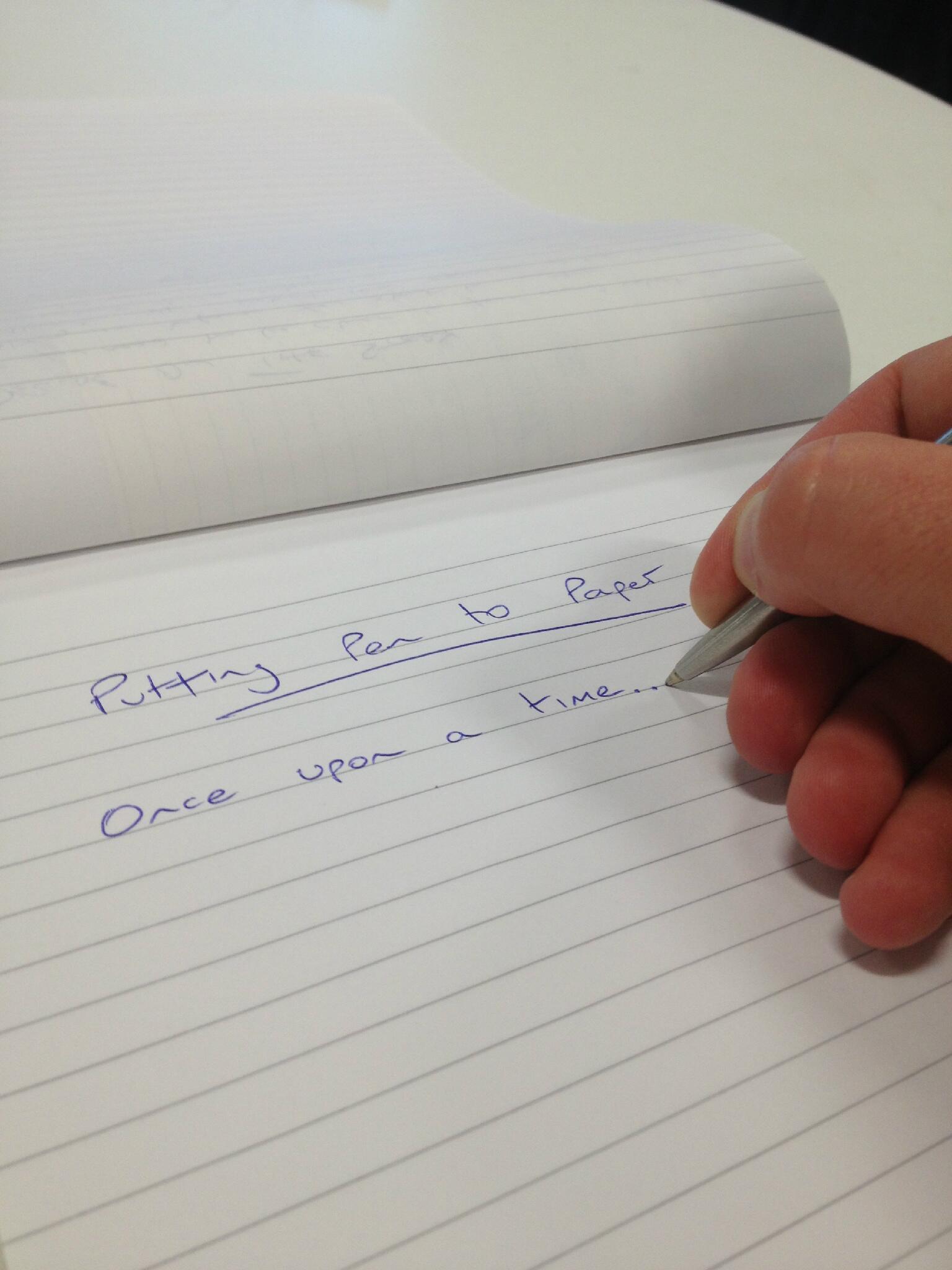



 Next week there will be two BU REF2014 Open Forums to provide the opportunity for REF eligible staff to find out more about the provisional thresholds for the BU REF2014 staff selection process and to ask relevant questions.
Next week there will be two BU REF2014 Open Forums to provide the opportunity for REF eligible staff to find out more about the provisional thresholds for the BU REF2014 staff selection process and to ask relevant questions.



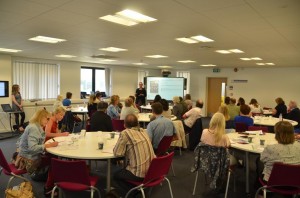
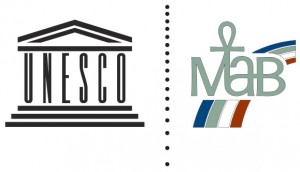
 In my role, frequently I am asked about what is impact and how engagement work can lead to impact. There is, sadly, no easy answer to these questions – which proves especially challenging in the development of impact case studies for the REF or research proposals requiring an impact summary and a pathways to impact statement. To an extent, appropriate engagement and impact is highly dependent upon the nature of the research in question and the researcher(s) involved – but again that does not provide any easier answers on how to develop impact or demonstrate excellence. With the REF2014 submission looming in November, much discussion of impact seems to focus on the difficulties associated with writing impact case studies, understanding our approach to impact since 2008 and what will be our future impact strategy. Thus, much discussion of impact is tainted with negativity, not helped by wider discussion around the funding of research and what is most beneficial to society.
In my role, frequently I am asked about what is impact and how engagement work can lead to impact. There is, sadly, no easy answer to these questions – which proves especially challenging in the development of impact case studies for the REF or research proposals requiring an impact summary and a pathways to impact statement. To an extent, appropriate engagement and impact is highly dependent upon the nature of the research in question and the researcher(s) involved – but again that does not provide any easier answers on how to develop impact or demonstrate excellence. With the REF2014 submission looming in November, much discussion of impact seems to focus on the difficulties associated with writing impact case studies, understanding our approach to impact since 2008 and what will be our future impact strategy. Thus, much discussion of impact is tainted with negativity, not helped by wider discussion around the funding of research and what is most beneficial to society.
 Well, the first day of the Festival of Learning is very nearly done and dusted (the last events finish at 9pm) and what a day it has been! I would love to hear your reflections on the day, please do
Well, the first day of the Festival of Learning is very nearly done and dusted (the last events finish at 9pm) and what a day it has been! I would love to hear your reflections on the day, please do 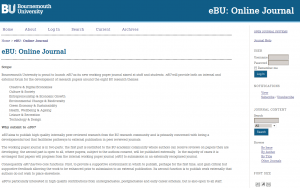
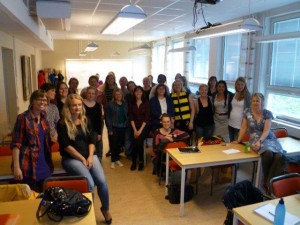













 SPROUT: From Sustainable Research to Sustainable Research Lives
SPROUT: From Sustainable Research to Sustainable Research Lives BRIAN upgrade and new look
BRIAN upgrade and new look Seeing the fruits of your labour in Bangladesh
Seeing the fruits of your labour in Bangladesh Exploring Embodied Research: Body Map Storytelling Workshop & Research Seminar
Exploring Embodied Research: Body Map Storytelling Workshop & Research Seminar Marking a Milestone: The Swash Channel Wreck Book Launch
Marking a Milestone: The Swash Channel Wreck Book Launch ECR Funding Open Call: Research Culture & Community Grant – Application Deadline Friday 12 December
ECR Funding Open Call: Research Culture & Community Grant – Application Deadline Friday 12 December MSCA Postdoctoral Fellowships 2025 Call
MSCA Postdoctoral Fellowships 2025 Call ERC Advanced Grant 2025 Webinar
ERC Advanced Grant 2025 Webinar Update on UKRO services
Update on UKRO services European research project exploring use of ‘virtual twins’ to better manage metabolic associated fatty liver disease
European research project exploring use of ‘virtual twins’ to better manage metabolic associated fatty liver disease